VACCA provides culturally safe family violence programs for youth and adults
Our programs range from individual and family holistic therapeutic services to individual case management for persons experiencing family violence and persons using family violence.
These resources are designed to raise awareness and support sector professionals and individuals to improve their understanding of family violence in the Aboriginal community.
Resources
Download our pdf resources at the buttons below, or scroll down to read more about about campaigns and watch our videos.
-
In 2022, the Victorian Government passed the Justice Legislation Amendment (Sexual Offences and Other Matters) Bill which included amendments for an affirmative consent model and provided better protections for victim-survivors of sexual offences. These new laws came into effect in July 2023.
Our Lubly Consent program is designed specifically for young Aboriginal and Torres Strait Islander people to highlight the importance of understanding these laws if they are thinking about or engaging in intimate sexual acts.
We have produced videos, fact sheets and guides for practitioners and educators to ensure young mob (and their families or and the wider Aboriginal community) have the information they need about consent and can have healthy and respectful sexual relationships.
Lubly vs Gammin Consent Factsheet Age of Consent Factsheet Stealthing Factsheet
-
Our Yarn Safe video is designed for mainstream family violence and universal community services practitioners and organisations who support and work alongside Aboriginal and Torres Strait Islander community members experiencing and impacted by family violence.
At VACCA we take every step to ensure our language is culturally safe and inclusive, which aligns with our Cultural Therapeutic Ways. This video demonstrates instances where language can trigger and retraumatise community members, creating barriers to engagement with programs and services and accessing safety. It provides information and guidance to support the use of culturally safe language.
We are dedicated to strengthening and growing cultural safety and competency to support the wellbeing and healing of our mob.
-
Our #SafeKoorieFamilies campaign was developed to promote conversations in Community about everyday examples of family violence.
Family violence exists in many different forms – it may be physical, emotional, sexual, cultural, psychological or economic abuse. While family violence disproportionately affects Aboriginal families, it is important to understand that family violence is not part of indigenous culture.
Use these videos and downloadable resources to start conversations in classrooms, group sessions, and community forums about the effect violence has on children, young people and families.
Introduction from Muriel Bamblett, VACCA CEO:
#SafeKoorieFamilies:
More resources and information
#SafeKoorieFamilies - Facilitators Quick Guide
#SafeKoorieFamilies - Cards for Young People
To understand more about family violence in Indigenous communities and how to adapt a holistic healing approach, read the Strong Culture, Strong Peoples, Strong Families 10 year plan
-
The #itswhatyoudontsee campaign was launched in 2018 to raise awareness about family violence and its impact on Aboriginal children.
These four short videos focus on one Aboriginal family and tell the story of family violence and its effect on relationships, both inside and outside the home. The stories were written by Aboriginal script writers and feature Aboriginal and Torres Strait Islander actors who themselves have lived the impacts of family violence.
The impact of family violence on children and young people are complex. It can affect their behaviour, their development, their relationships, their emotions, their learning, their thoughts and their physical health. Experiencing violence in childhood also significantly increases the risk of being both a victim and a perpetrator of violence in adulthood.
In the below video, VACCA CEO Muriel Bamblett and Therapeutic practitioners Sue-Anne Hunter and Graham Gee reflect on the four videos, the family’s experience of family violence and the interventions that are working for Aboriginal families.
More information
To understand more about family violence in Indigenous communities and how to adapt a holistic healing approach, read the Strong Culture, Strong Peoples, Strong Families 10 year plan


.png)